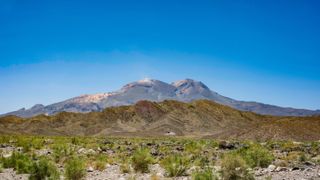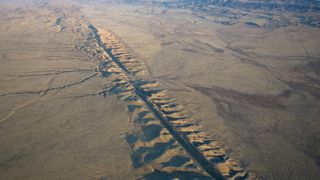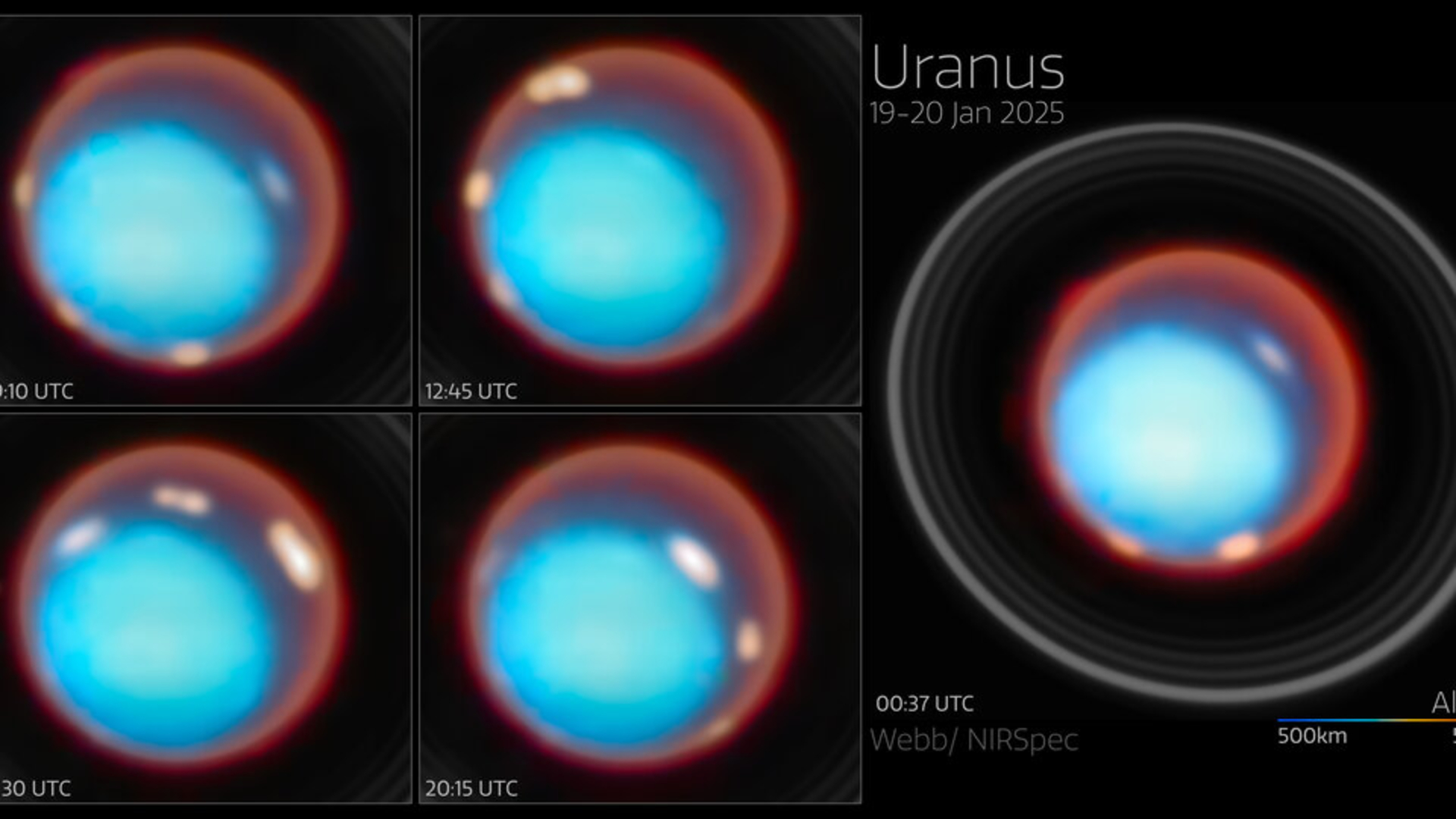
Stephanie Pappas
Stephanie Pappas is a contributing writer for Live Science, covering topics ranging from geoscience to archaeology to the human brain and behavior. She was previously a senior writer for Live Science but is now a freelancer based in Denver, Colorado, and regularly contributes to Scientific American and The Monitor, the monthly magazine of the American Psychological Association. Stephanie received a bachelor's degree in psychology from the University of South Carolina and a graduate certificate in science communication from the University of California, Santa Cruz.
Latest articles by Stephanie Pappas
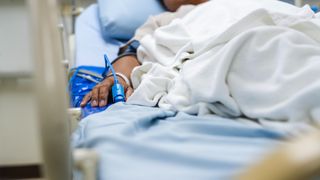
Obesity is linked to 1 in 10 deaths from infection worldwide — and scientists are still learning why
By Stephanie Pappas published
A new study finds that people with obesity are more likely to be hospitalized with or die from severe infections.
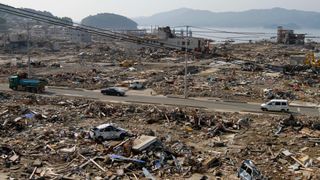
Hidden slippery clay on seafloor may have worsened devastating 2011 tsunami in Japan
By Stephanie Pappas published
A thick layer of slippery clay on the ocean floor may have formed the weak spot that enabled a magnitude 9.1 quake to make such a devastating tsunami.
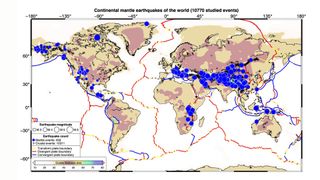
'Impossible' mantle earthquakes actually occur all over the world, study finds
By Stephanie Pappas published
Researchers were once unsure whether mantle earthquakes existed. Now they have a global map of this mysterious phenomenon.
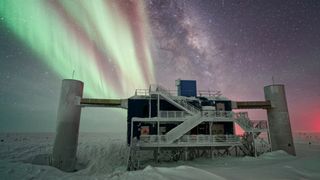
Upgrade to Antarctica 'ghost particle' observatory could pave the way to physics breakthroughs
By Stephanie Pappas published
The National Science Foundation's massive IceCube neutrino detector at the South Pole just got a major new upgrade, which promises to take the search for "ghost particles" to a new level.
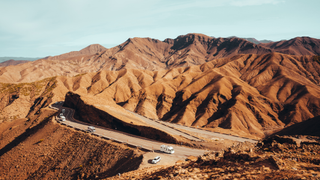
Scientist accidentally stumbles across bizarre ancient ‘wrinkle structures’ in Morocco that shouldn't be there
By Stephanie Pappas published
Ancient fossil structures imprinted on rocks that were once deep beneath the ocean suggest the search for the first life on Earth needs to be broadened.
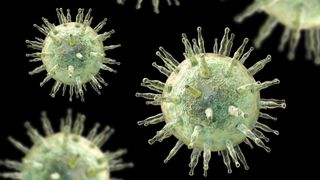
The 'mono' virus raises the risk of MS and cancer in some. 22 genes hint at why.
By Stephanie Pappas published
An infection with Epstein-Barr virus is a nonevent for most people. But for a subset, the virus can contribute to chronic conditions and cancer, and genes may play a role in that risk.

Enormous 'mega-blob' under Hawaii is solid rock and iron, not gooey — and it may fuel a hotspot
By Stephanie Pappas published
A new study reveals a detailed look at what lies beneath the Hawaiian hotspot.

'Doomsday Clock' ticks 4 seconds closer to midnight
By Stephanie Pappas published
The Bulletin of the Atomic Scientists now says humanity is a metaphorical 85 seconds to global disaster.
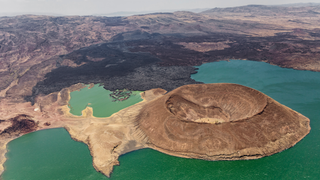
A drying climate is making East Africa pull apart faster
By Stephanie Pappas published
A switch from a humid to a dry climate has led the Eastern African Rift Zone to pull apart more freely, new research finds.
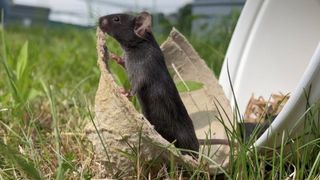
Lab mice that 'touch grass' are less anxious — and that highlights a big problem in rodent research
By Stephanie Pappas published
Mice that experience the real world may be better models for human mental health conditions, compared with lab mice that never leave their cages, a study hints.
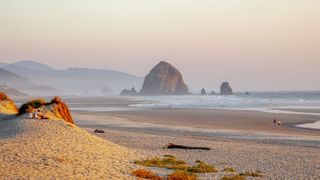
Scars from ancient 'megaquakes' at Cascadia subduction zone discovered in deep-sea landslides
By Stephanie Pappas published
Large subduction-zone earthquakes leave scars on the continental slope in the deep sea.
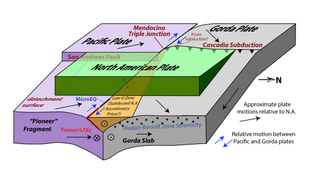
Fragment of lost tectonic plate discovered where San Andreas and Cascadia faults meet
By Stephanie Pappas published
A hidden chunk of an ancient tectonic plate is stuck to the Pacific Ocean floor and sliding under North America, complicating earthquake risk at the Cascadia subduction zone.
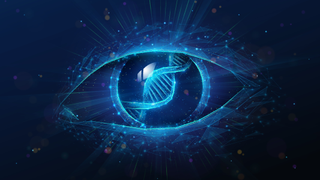
These genes were thought to lead to blindness 100% of the time. They don't.
By Stephanie Pappas published
New research finds that retinal diseases thought to map one-to-one to genetic mutations are more complicated than that.
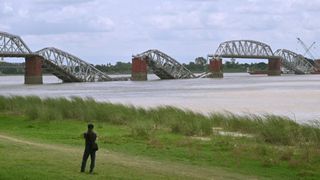
Massive Myanmar earthquake was super smooth and efficient — and it holds lessons for the 'Big One'
By Stephanie Pappas published
The fault that ruptured in the March quake was simple and mature, which allowed the quake's energy to shoot right to the surface.
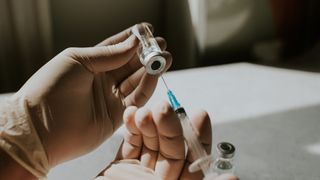
A fentanyl vaccine enters human trials in 2026 — here's how it works
By Stephanie Pappas published
A vaccine in development would be the first proactive treatment for overdose and fentanyl addiction, if approved.
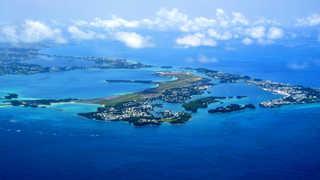
Giant structure discovered deep beneath Bermuda is unlike anything else on Earth
By Stephanie Pappas published
A thick layer of more than 12 miles of rock may explain why Bermuda seems to float above the surrounding ocean.
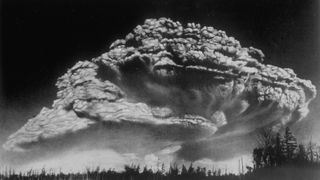
Russia's Bezymianny volcano blew itself apart 69 years ago. It's now almost completely regrown.
By Stephanie Pappas published
A 1956 eruption collapsed much of the Bezymianny volcano in Kamchatka, Russia, but frequent eruptions since — including a large event in November — means it has now almost completely regrown.

Has America's obesity rate plateaued?
By Stephanie Pappas published
Some recent national numbers suggest the obesity rate has plateaued or even declined. Experts are skeptical.

US could lose its measles elimination status within months, experts say
By Stephanie Pappas published
With 45 outbreaks of measles over the past year, the United States is at risk of endemic spread within months, experts told Live Science.
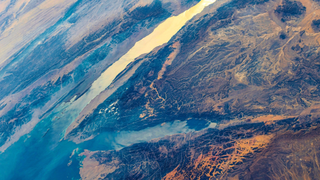
A gulf separating Africa and Asia is still pulling apart — 5 million years after scientists thought it had stopped
By Stephanie Pappas published
The Arabian and African tectonic plates failed to pull apart 28 million years ago at the Gulf of Suez, but the area hasn't stopped rifting.

Eruptions of ocean volcanoes may be the echoes of ancient continental breakups
By Stephanie Pappas published
Waves in Earth's mantle created by the rifting of continents may peel the planet's crust from below, feeding volcanoes in the middle of the ocean.
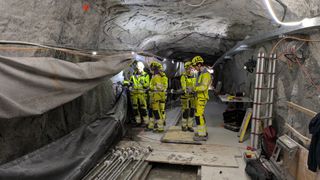
What are the signs that nature is telling us?' Scientists are triggering earthquakes in the Alps to find out what happens before one hits
By Stephanie Pappas published
Researchers are deliberately setting off real (small) earthquakes to understand how to gauge the danger of a fault line before it breaks.
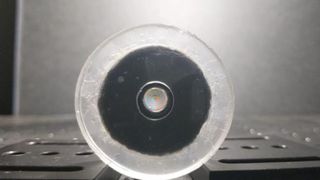
Scientists create ultrapowerful, squishy robotic 'eye' that focuses automatically and doesn't need a power source
By Stephanie Pappas published
Inspired by animal vision, the eye could become part of soft robots without any electronic components.
Get the world’s most fascinating discoveries delivered straight to your inbox.
